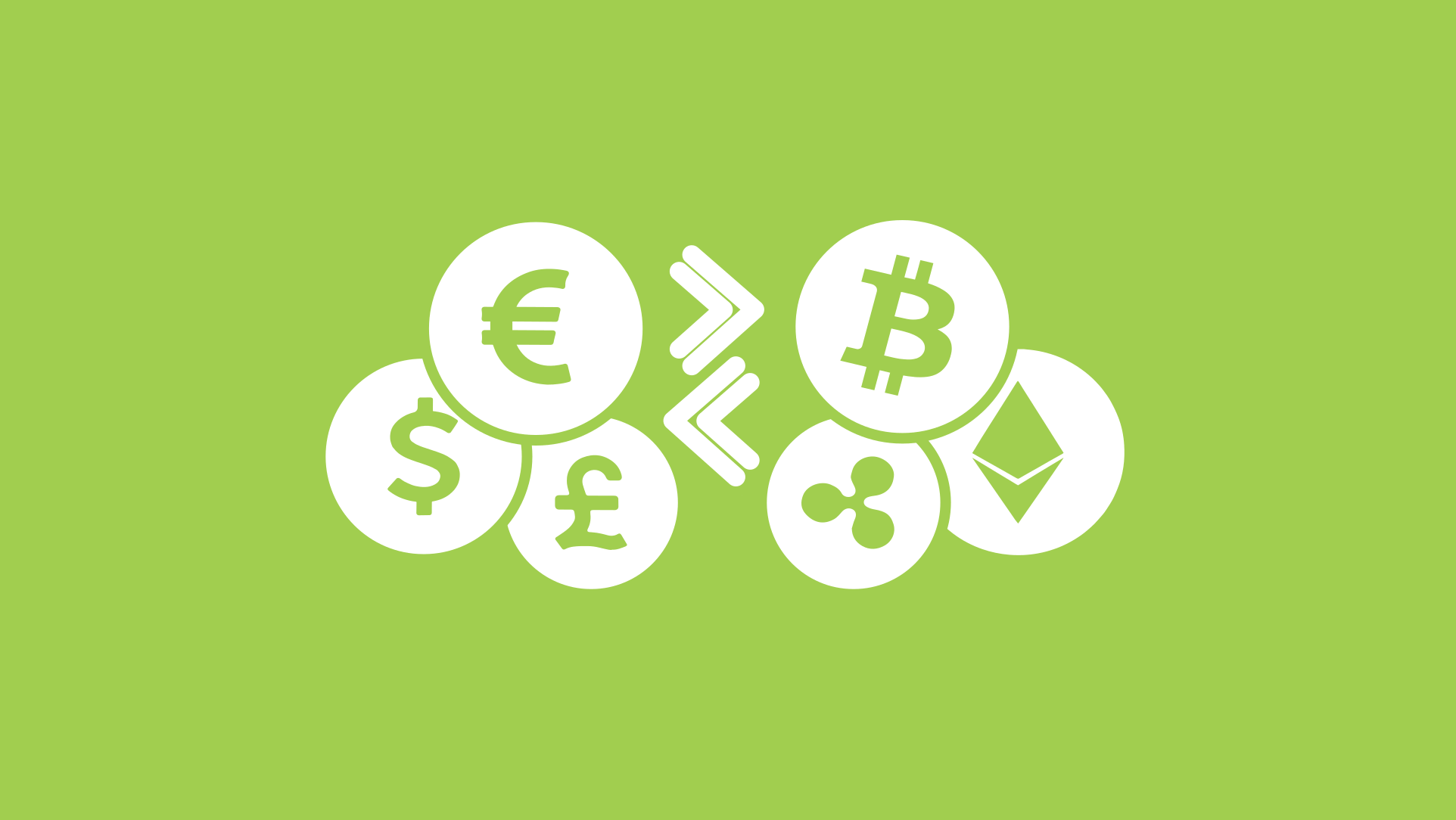Comparing Popular Crypto Exchanges: Fees and Security Measures
As the cryptocurrency market continues to evolve, selecting a reliable exchange becomes crucial for investors and traders alike. This article provides a detailed comparison of some of the most popular crypto exchanges, focusing on their fee structures and security measures.

Key Exchanges Overview
-
Binance
- Fees: Binance offers a tiered fee structure based on trading volume. The standard trading fee is 0.1%, but users can reduce this by using Binance Coin (BNB) for transactions, which offers a discount.
- Security Measures: Binance employs advanced security protocols, including two-factor authentication (2FA), withdrawal whitelist, and cold storage for the majority of its assets. The platform has faced hacks in the past but has reimbursed affected users, demonstrating a commitment to user protection.
-
Coinbase
- Fees: Coinbase charges a flat fee of $0.99 to $2.99 for transactions under $200, plus a spread of about 0.5%. For larger transactions, fees can be up to 1.49% for standard trades.
- Security Measures: Coinbase is known for its strong security features, including 2FA, insurance against breaches, and storing 98% of customer funds in cold storage. It also complies with regulatory standards, enhancing its trustworthiness.
-
Kraken
- Fees: Kraken uses a maker-taker model with fees ranging from 0% to 0.26%, depending on the trading volume over the past 30 days.
- Security Measures: Kraken prioritizes security with features like 2FA, cold storage for most assets (95%), and regular security audits. They also have a bug bounty program to identify vulnerabilities.
-
KuCoin
- Fees: KuCoin charges a flat trading fee of 0.1%, with discounts available for users holding KCS (KuCoin Shares).
- Security Measures: KuCoin implements robust security measures, including 2FA, cold storage, and an anti-phishing code feature to protect users from scams. The platform has recovered from previous hacks and compensated affected users.
-
MEXC
- Fees: MEXC offers competitive trading fees starting at 0.2%, with discounts available based on trading volume.
- Security Measures: MEXC stands out for its multi-layered encryption and regular security audits. The platform is designed for user-friendliness while maintaining high-security standards.
Security Features Breakdown
When evaluating crypto exchanges, security is paramount. Here are common security features to look for:
- Two-Factor Authentication (2FA): A critical layer of protection that requires a second form of verification when logging in or making withdrawals.
- Cold Storage: Keeping the majority of funds offline to protect them from online threats.
- Regular Security Audits: Engaging third-party firms to conduct audits helps identify vulnerabilities before they can be exploited.
- Insurance Policies: Some exchanges offer insurance against losses due to hacks or breaches, providing an additional safety net for users.
Conclusion
Choosing the right crypto exchange involves balancing fees with robust security measures. While lower fees can enhance profitability, they should not come at the expense of safety. Exchanges like Binance and Coinbase offer strong reputations backed by solid security practices, while platforms like Kraken and KuCoin provide competitive fees alongside comprehensive protection strategies.Investors should conduct thorough research into each exchange’s history, community feedback, and regulatory compliance before making their choice. By prioritizing both cost-effectiveness and security, traders can safeguard their investments in the volatile world of cryptocurrency trading.

Nathaniel is a cryptocurrency blogger and investor. He has been blogging about cryptocurrencies since 2017 and considers himself an expert in the space. Nathaniel also invests in cryptocurrencies and believes that they will become more widely accepted as time goes on.





